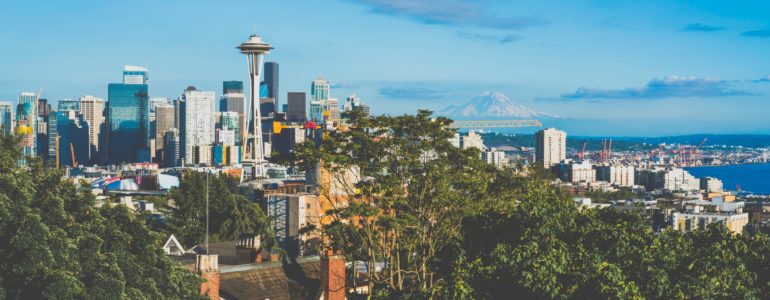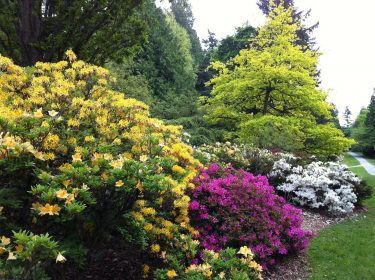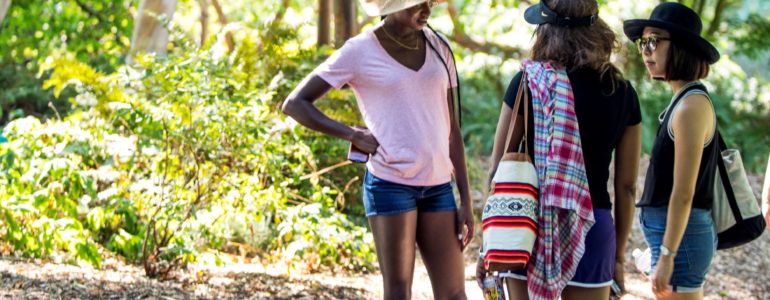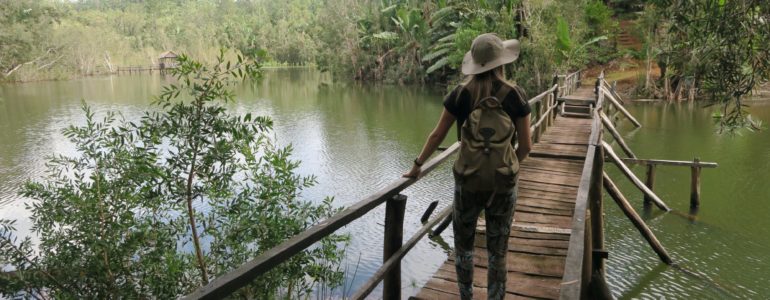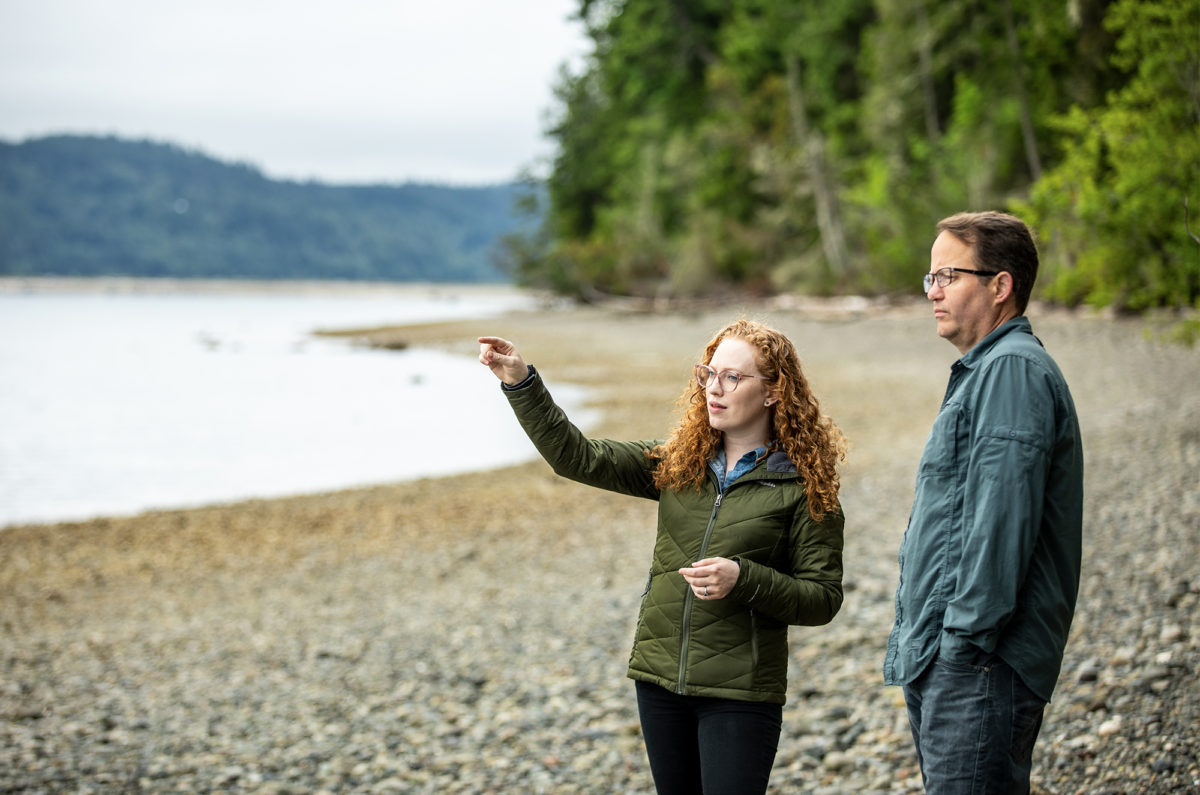EarthLab News
Here’s a mental health tip to get you through coronavirus quarantine: Find tranquility in nature
The Seattle Times published a story that features Nature and Health leaders Kathleen Wolf, research social scientist at the College of the Environment and Peter H. Kahn Jr., professor in the UW psychology department and the School of Environmental and Forest Sciences.
Read moreJoin our team as a Postdoctoral Research Scholar!
The Nippon Foundation Ocean Nexus Center, a new member organization of EarthLab in the College of the Environment at the University of Washington, invites applications for a highly motivated, independent and creative Postdoctoral Research Scholar.
Read moreThe 2020 Environmental Innovation Challenge sparks impactful solutions
EarthLab is a proud sponsor of this challenge that brings together interdisciplinary student teams to identify an environmental problem and develop a solution. Teams must design and build a prototype as well as create a business plan that highlights the market potential for their solution.
Read moreEarthLab funds environmental research for underrepresented communities
Through various projects and innovation grants, EarthLab combines the research and expertise from UW faculty, staff, and students with nonprofits, businesses, policymakers, and other stakeholders to develop solutions to environmental challenges.
Read moreEarthLab Response to COVID-19
EarthLab is closely monitoring the local outbreak of the novel coronavirus and are making every effort to address the changing needs of the community, wherever possible.
Read moreWinners announced for the 2019 UW Student Film Contest
The 2nd UW Student Film Contest commenced in 2019 to bring together STEM (Science Technology Engineering and Maths) majors across the world to collaborate within the arts and humanities through film making.
Read moreThe Great (Neighborhood) Outdoors: staying connected with nature during Coronavirus
Ah, the great outdoors. That intoxicating piney scent of an evergreen forest, the salty seawater glow on your skin after a swim, the parade of puffy clouds marching overhead while stretched out in a flowery meadow—being outside makes us happy and puts us at ease. In fact, an emerging body of research says just that, confirming what many of us already knew in our hearts.
Read moreWebinar: Health and Nature During Covid-19
The Nature and Health group seeks to understand the connections between nature and human health and well-being. What does this mean for health and nature during Covid-19? Find out during Nature and Health's webinar as they explore this question.
Read moreEarthLab and Population Health co-award grant to study new invasive species in Madagascar
We’re excited to announce a new research project that will be co-funded by UW EarthLab and UW Population Health. The aim of the proposed pilot project, “Environmental and human health impacts of a new invasive species in Madagascar,” is to provide the Malagasy government with the information it needs to appropriately manage the invasive marbled crayfish (Procambarus virginalis) in ways that minimize impacts on local biodiversity while maximizing benefits to public health.
Read moreIntroducing our new team members!
As a new initiative at the University of Washington, we are excited to continue growing our team with professionals to excel in our shared vision for tomorrow by helping us collectively act now to make our vision real today.
Read more


